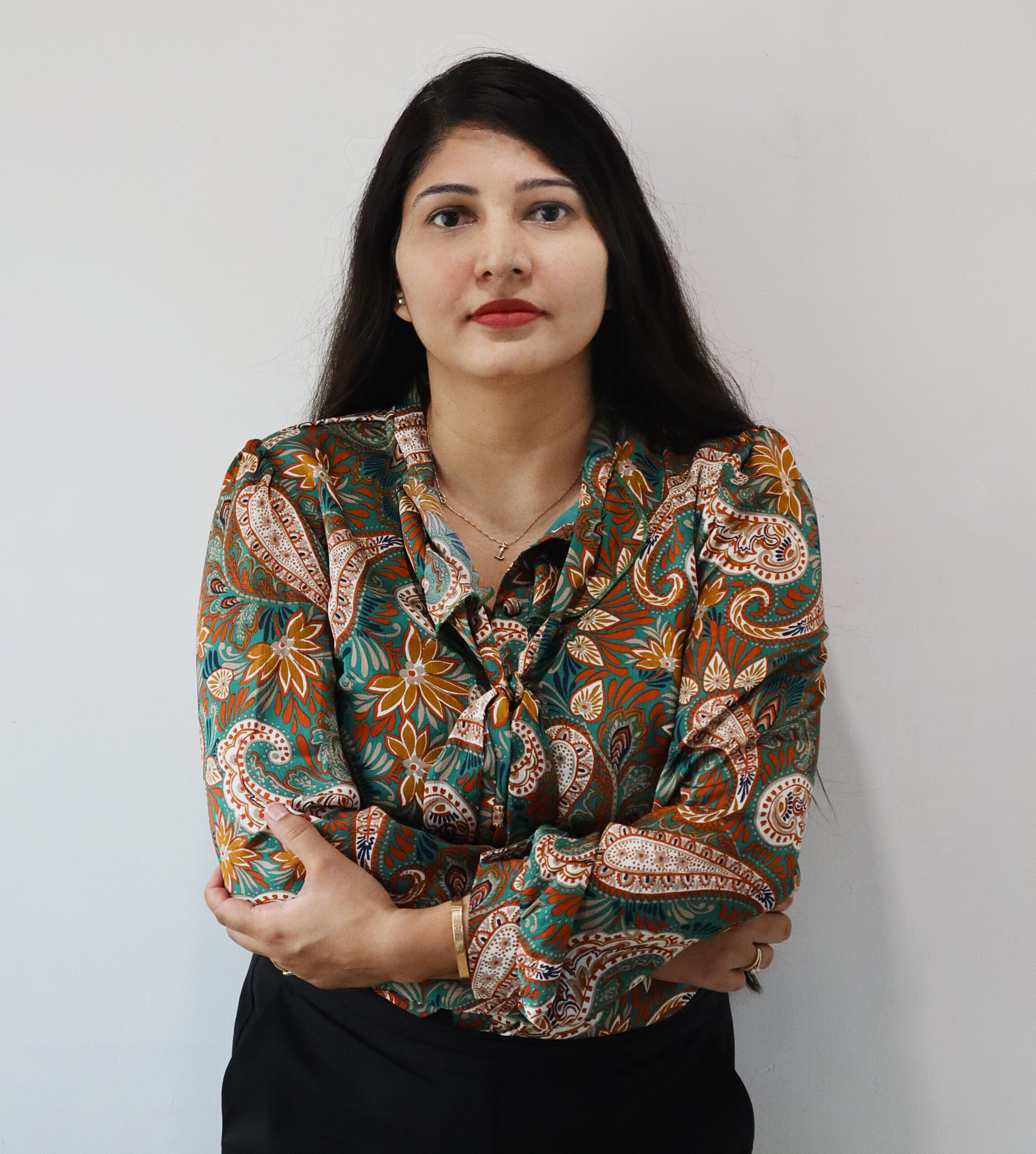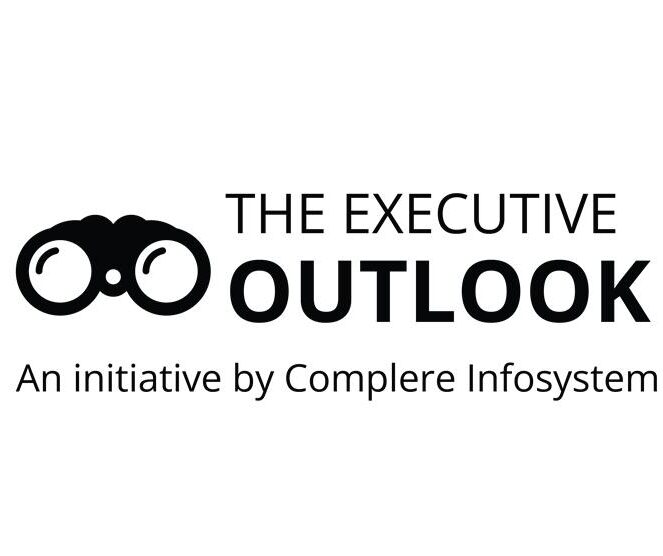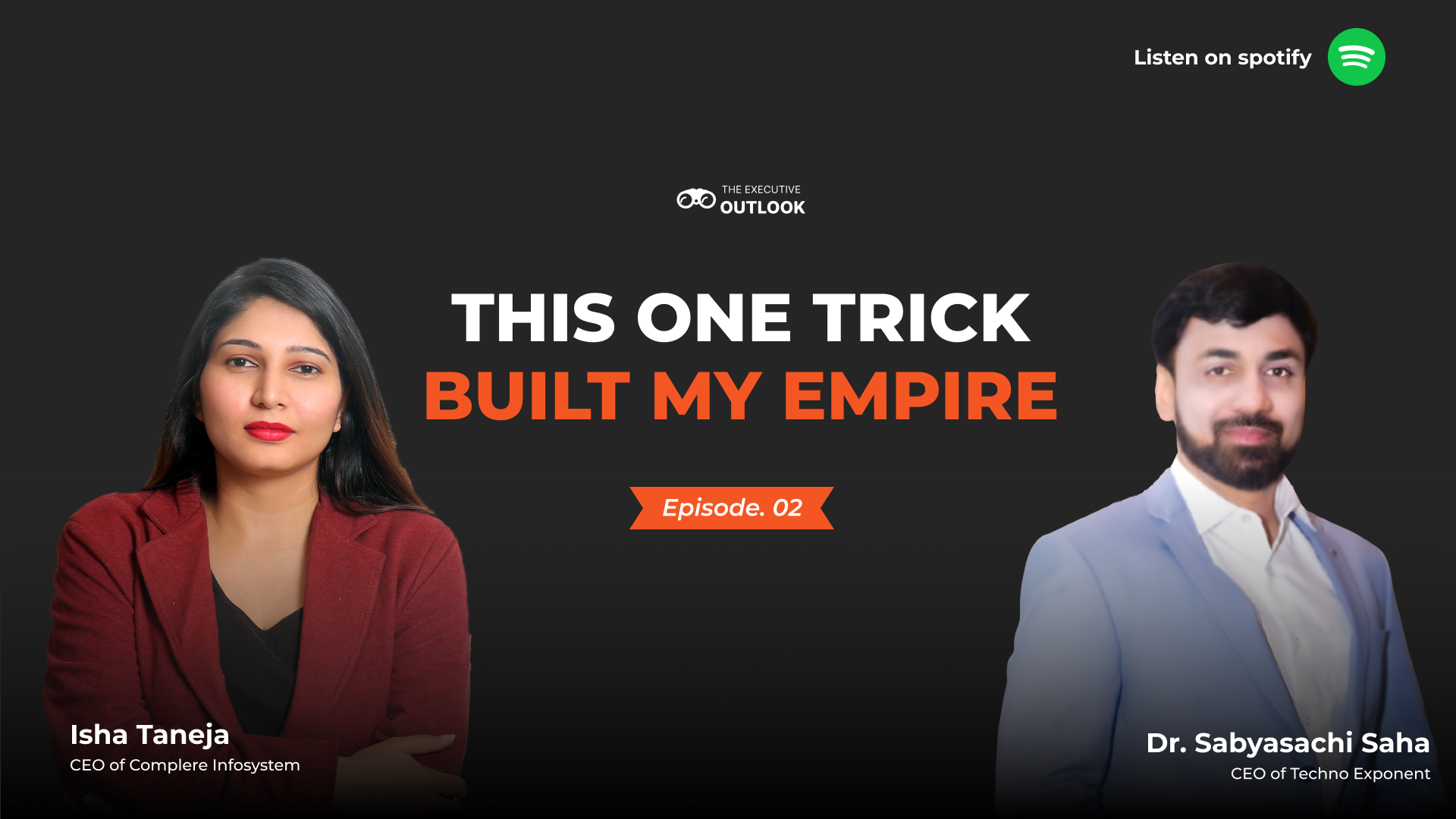In this edition of “The Executive Outlook”, we had the privilege of speaking with Dr. Mary O’Connor, a pioneering orthopedic surgeon and co-founder of Vori Health. Her story is one of courage, care, and the strong belief that health should focus more on people and less on procedures. During our conversation, Dr. Mary opened about her journey from the operating room to the world of entrepreneurship. Her words, her passion, and her purpose all come together in a story that even a young student can understand and feel inspired by.
During a conversation, Dr. Mary shared that she began her journey in medicine at Mayo Clinic, where she trained in orthopedic surgery and served as the Chair of the Orthopedic Department in Florida. According to her, this role gave her deep insight into how the healthcare system works.
She further defined how, after decades in academic medicine, she was recruited by Yale in 2015 to build an integrated musculoskeletal center. Dr. Mary said that working in academic settings like Yale and the Mayo Clinic was both secure and rewarding, but she wanted to make a deeper change.
“I left the comfort of academia to co-found Vori Health,” Dr. Mary recounted. She added by sharing that she started the company with Dr. Ryan Grant, a spine neurosurgeon. Together, they aimed to address the major issues in musculoskeletal care, issues she had witnessed throughout her career.
She continued by saying that the current U.S. healthcare system often rewards surgeries and expensive imaging, even when they might not be needed. Hospitals make money from surgeries, so reducing unnecessary surgeries would hurt their income. This creates a tough situation where the system can’t easily change, even when a change is needed.
Dr. Mary and her co-founder decided to challenge that system. They created Vori Health, a virtual medical practice. She explained that their approach was different. They wanted to give patients good care without jumping to surgery first. She said, “We are not anti-surgery, but we are anti-inappropriate surgery.”
Prefer to listen on the go? Tune in to the full podcast episode on Spotify below:
At Vori Health, patients receive care from a whole team, not just a doctor. A non-surgeon musculoskeletal expert, a physical therapist, a health coach, and a dietitian (if needed) all work together. Dr. Mary said this kind of teamwork gives patients the best chance to improve without surgery.
She added that their care is delivered virtually. “Just like we’re talking now on video, that’s how we meet with our patients,” she shared. Dr. Mary acknowledged that some doctors question this because they can’t physically touch the patient. But she explained, “The physical examination in a video visit is actually quite effective and many decisions about care are driven by the patient’s medica history”
Vori Health uses AI technology, including motion tracking, to help patients do physical therapy at home. The AI counts exercise reps and gives feedback, like telling a patient if they’re squatting too low or not low enough. This information goes back to the physical therapist to track progress.
Dr. Mary said that patients love convenience. Even retired people are busy, and virtual care saves time. More than that, their approach looks at the whole person. “We ask patients what matters to them, not just what is the matter with them.”
For example, if a patient comes with knee pain, the team will ask why that pain matters. If it’s because the patient wants to run a 5K race with their daughter, then the care plan will focus on helping them do just that.
She continued by saying that they also focus on mental health and lifestyle. Many patients with long-term pain also struggle with anxiety, depression, or poor sleep. Dr. Mary emphasized the importance of addressing these issues. “Improving sleep alone can help reduce back pain,” she said. But she added that most traditional doctors don’t have time to talk about sleep or diet.
Their health coaches use cognitive behavioral therapy to help patients improve their habits, eat healthier, and sleep better. All of this contributes to healing without surgery.
Dr. Mary also spoke about shared decision-making. She said that patients often have unrealistic expectations about surgery. “No surgery is without risk,” she added. Even when risks are low, they are not zero. For patient having surgery on their lower back, the risk of having to return on the operating room for a second surgery, even within the first year, is real.
To reduce these risks, Vori Health has a “preoperative optimization program.” If someone does need surgery, the team helps them get ready, improving their health beforehand to reduce complications.
When asked about challenges, Dr. Mary recounted how hard it was to launch a startup. “Startups are always challenging,” she said. But she continued by saying that Vori Health is growing. They recently closed their Series B funding round and have contracts with insurers and employers.
However, she noted that resources are limited, and there’s always more to do than time allows. Still, she is motivated by the results. She shared that patients often tell her, “I wasn’t sure about telemedicine, but I love it. You listened to me. I felt heard.”
Mary explained that patients in the traditional healthcare system often feel lost and confused. Different doctors give different advice, and no one seems to talk to each other. Vori Health solves this by having the doctor and physical therapist see the patient together on the same video call. That way, both experts make the same plan, and the patient feels supported.
She spread light with her words when she said, “We want patients to feel confident in their care. When the whole team talks together, it removes confusion.”
Dr. Mary also spoke about raising funds. In the early days, she said, “All you have is your story and your vision.” Investors must believe in the mission. Now, with growth and results, the team can have a real impact. But she added, “The pressure increases as you grow. That’s how it should be.”
She shared her larger vision: to fix the broken healthcare system. “Costs are going up, and patients are paying more. That’s not okay,” she said. She believes in helping people heal with lower-cost methods and in making care more personal.
Her closing message was strong. When asked for leadership advice, she shared a lesson that stayed with her: “You must control your emotions.” She said that startups have ups and downs, sometimes even on the same day. But leaders must stay calm, focus on solutions, and not let emotions get in the way.
“Blaming and anger are not helpful,” she said. “Ask, what is the problem, and how can we solve it together?”
Dr. Mary O’Connor’s story is filled with hope, innovation, and care. She reminds us that healing is more than fixing a body part—it’s about supporting the whole person. Her journey from surgery to virtual care shows how one doctor’s bold vision can make healthcare better for everyone. And that, indeed, is a story worth sharing.
Click here to read more inspiring stories on The Executive Outlook.
Editor Bio

I’m Isha Taneja, serving as the Editor-in-Chief at "The Executive Outlook." Here, I interview industry leaders to share their personal opinions and provide valuable insights to the industry. Additionally, I am the CEO of Complere Infosystem, where I work with data to help businesses make smart decisions. Based in India, I leverage the latest technology to transform complex data into simple and actionable insights, ensuring companies utilize their data effectively.
In my free time, I enjoy writing blog posts to share my knowledge, aiming to make complex topics easy to understand for everyone.



